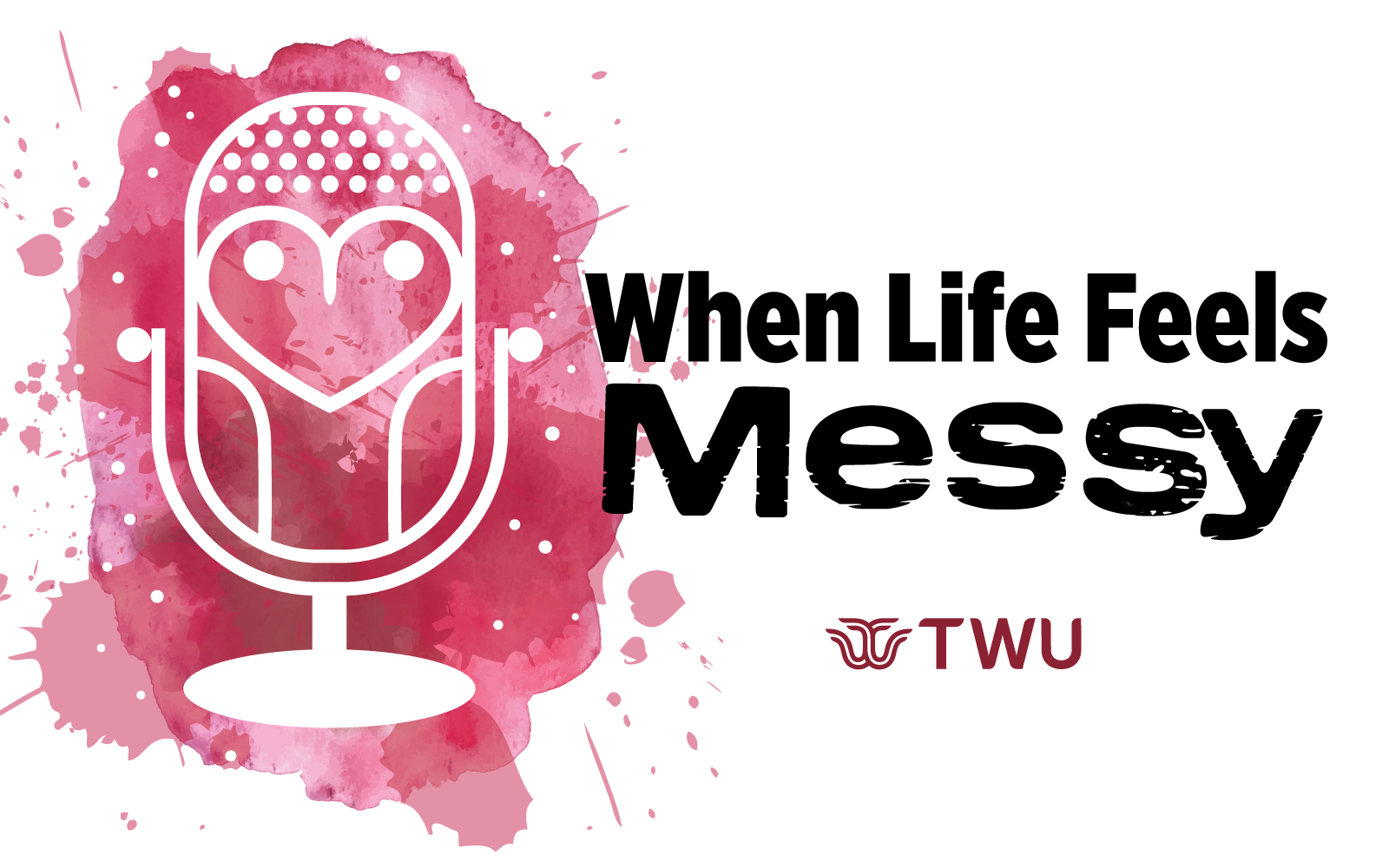When we usually hear about manipulation or gaslighting, odds are it’s coming from the perspective of noticing when someone else is engaging in these tactics against you...but…what if, YOU are the one engaging in these psychological tactics against others, intentionally or unintentionally?
Both of these tactics are often
associated with intentional, malicious behavior meant to control or harm
someone. However, it’s possible to engage in these tactics without being fully
aware of it. People may manipulate or gaslight unconsciously, driven by
personal insecurities, past experiences, or even habits learned in childhood. Good
news is that by taking the time to learn, reflect, and understand how these
behaviors can arise unintentionally is the first step toward addressing them
and fostering healthier, more honest relationships.
Before we dive into the reasons
that can spur use of these psychological tactics, let’s quickly define these
terms:
Manipulation - when someone
attempts to influence or control another person’s actions, thoughts, or
emotions, often in a covert or deceptive manner. It can look like guilt-tripping,
emotional blackmail, using someone’s vulnerabilities to sway their
decision-making, with-holding information or using half-truths to control the
narrative, or playing the victim and avoiding accountability completely.
Gaslighting - form of
emotional manipulation where one person makes another doubt their perceptions,
memories, or reality and leaves the victim feeling confused, anxious, and
uncertain of their own judgment. Oftentimes, it includes things like denying
things happened even when it did, minimizing or dismissing another person’s
feelings or concerns, and blaming the other person for things that aren’t their
fault. It can happen during disagreements, when we feel defensive, or when we
want to avoid taking responsibility for our actions.
For both of these tactics, the
essence of needing power and control is of utmost importance and the goal, even
subconsciously. So why might someone unconsciously or consciously manipulate or
gaslight others? The answer is that these behaviors are often time rooted in
deeper emotional issues:
·
Fear of Rejection or Vulnerability:
o
used as a defense mechanism to avoid feeling
vulnerable, rejected, or exposed; admitting fault or taking responsibility feels
like a threat to your sense of self-worth and you might instinctively deflect
blame or dismiss the other person’s feelings to protect yourself
·
Learned Behavior from the Past:
o
tactics learned from their upbringing; if you
grow up in an environment where manipulation and gaslighting were commonly used
as a way to resolve conflicts, you may unconsciously adopt these behaviors
without realizing the harm they cause.
·
Insecurity or Low Self-Esteem:
o
way of maintaining control over situations; offers
a temporary sense of power or safety, but it comes at the cost of trust and emotional
honesty in relationships
·
Unawareness of Emotional Impact:
o
simply don’t realize the emotional impact your
words and actions have on others; you may not see your behavior as manipulative
or gaslighting because you are so focused on your own emotions or needs in the
moment; this lack of awareness prevents you from understanding how your actions
can harm or undermine others
Let’s look more closely, now, at
how we could be manipulating and gaslighting others:
·
Dismissing or Minimizing Someone's Feelings:
o
Have you ever told someone they’re "being
too sensitive" or that they’re "overreacting"? While this might
feel like a way to soothe the situation or move past discomfort, it can
invalidate the other person’s feelings, making them question their emotions or
experiences.
§
Example: If a partner expresses frustration over
feeling ignored, responding with “It’s not a big deal” or “You’re just making a
fuss over nothing” can dismiss their concerns. Though unintentional, it can
lead them to doubt their feelings and wonder if they’re overreacting, which is
a form of gaslighting.
·
Shifting Blame to Avoid Accountability:
o
In conflict, it can feel uncomfortable to admit
when you’re wrong, especially if doing so makes you feel vulnerable. As a
result, some people might instinctively shift the blame to the other person,
even when they’ve done nothing wrong.
§
Example: If someone forgot an important event,
they might respond with “Well, you never reminded me” instead of acknowledging
their own mistake. This redirects responsibility and subtly manipulates the
situation to make the other person feel at fault.
·
Using Guilt as a Control Mechanism:
o
Guilt is a powerful emotion that can be used,
often unintentionally, to influence someone’s behavior. Phrases like “After all
I’ve done for you” or “You really hurt me by doing that” can manipulate the
other person into feeling responsible for your emotions, even if they haven’t
done anything wrong.
§
Example: A friend cancels plans, and you respond
with “I guess I’ll just sit at home alone then.” You may not mean to control
their decision, but using guilt in this way pressures them to feel bad and
reconsider their choice.
·
Rewriting History:
o
In disagreements, it’s natural for people to remember
events differently. However, some may unintentionally “rewrite” what happened
to protect themselves from criticism or avoid responsibility. This can distort
the other person’s reality, leading them to question their memory.
§
Example: If someone brings up a past argument,
and your response is, “I never said that,” even when you did, it might be a
knee-jerk reaction to avoid conflict. This form of gaslighting erodes trust
over time, making the other person question their recollection of events.
·
Being
Overly Defensive:
o
Defensiveness can prevent honest communication.
When someone feels attacked or criticized, they may instinctively use
manipulative tactics like deflection or stonewalling to protect themselves from
feeling vulnerable.
§
Example: If a partner brings up a valid concern
and your immediate response is “Well, what about when you did XYZ?” this
deflects the conversation and shifts focus away from your own behavior. You may
not mean to manipulate, but defensiveness blocks meaningful resolution and puts
the other person on the defensive, too.
Raise your hand if you have ever
engaged in one or more of these tactics…
Keep it raised if you didn’t even
realize it was you being manipulative or gaslighting someone…
Like we mentioned earlier in this
blog, a lot of time we think manipulation and gaslighting is only involved in
really toxic and negative relationships, but the reality is that most of us
engage in these psychological tactics at some point or another. But all hope is
not lost, we have an opportunity and way to work on these behaviors and
honestly by you reading this blog alone is a big step. Some continued ways to
challenge these controlling tactics are:
Cultivate Self-Awareness
- The first step to breaking any toxic habit is awareness. Pay attention to how you respond during disagreements or when you feel defensive. Notice if you tend to minimize someone’s feelings, twist the facts, or deflect blame. Keeping a journal of your interactions and reflecting on your behavior afterward can help identify patterns.
Take Responsibility & Acknowledge When You’re Wrong
- It's okay to be wrong and is important to take full responsibility for your actions. When you catch yourself engaging in these behaviors, don’t dismiss it or blame others. Instead, acknowledge it to yourself and, if appropriate, apologize to the person involved. Admitting mistakes and accepting responsibility is not a sign of weakness but a sign of emotional maturity
Learn to Listen Actively & Without Defensiveness
- Manipulative and gaslighting behaviors often stem from a refusal to listen or acknowledge the other person’s perspective. Practice active listening by giving the other person your full attention, validating their feelings, and making sure you understand their point of view before responding. Instead of dismissing their concerns, try saying, “I hear what you’re saying, and I understand why you feel that way.”
Pause Before Responding
- When you feel the urge to react defensively or dismissively in a conversation, pause and take a moment to reflect. Ask yourself whether your response is fair or whether it’s coming from a place of self-protection or fear. This brief pause can help you avoid knee-jerk reactions that may be manipulative.
Communicate Openly
- If you feel insecure, vulnerable, or afraid of being misunderstood, communicate that directly rather than resorting to manipulation. Sharing your emotions openly can build deeper, more honest connections without needing to control the other person’s reaction.
Set Boundaries for Yourself
- Part of changing manipulative behavior is setting personal boundaries on how you’ll engage in disagreements. Decide in advance that you won’t resort to guilt-tripping, emotional blackmail, or dismissing someone’s reality. Boundaries give you a framework for healthier communication.
Seek Professional Help if Needed
- If you find it difficult to change manipulative or gaslighting tendencies on your own, consider seeking help from your CAPS Team or outside therapist. Therapy can help you explore the root causes of these behaviors, develop better communication skills, and improve your relationships.
· Recognizing your own manipulative or gaslighting behavior is a humbling and uncomfortable process, but it’s also a sign of emotional growth and self-awareness. Relationships thrive on trust, respect, and mutual understanding, and by working to eliminate these toxic behaviors, you can build stronger, more authentic connections with others. Remember, change isn’t easy, and it requires time, patience, and a willingness to be vulnerable. But the reward—healthier relationships and a more honest version of yourself—is well worth the effort.
Take Care, Pioneers!
-TWU CAPS


Comments
Post a Comment